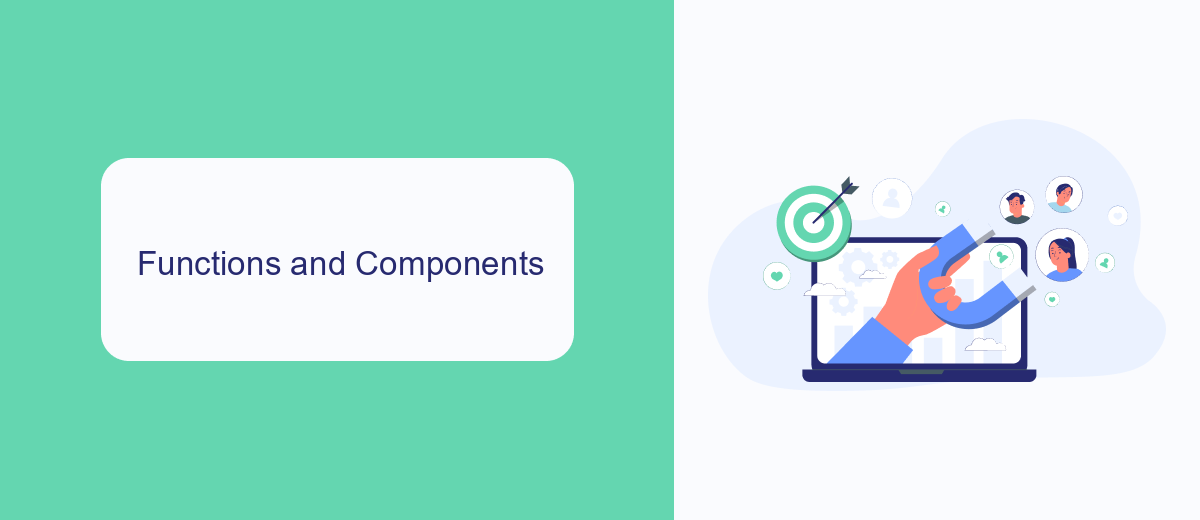A package manager in UiPath is a crucial tool that simplifies the process of managing libraries, dependencies, and custom activities within your automation projects. It allows developers to easily add, update, or remove packages, ensuring that all components are up-to-date and compatible. This article explores the functionalities and benefits of using a package manager in UiPath to streamline your development workflow.
Definition and Overview
A package manager in UiPath is a tool that allows users to manage libraries, frameworks, and other dependencies required for automation projects. It simplifies the process of adding, updating, and removing packages, ensuring that all necessary components are available and up to date.
- Manage dependencies: Easily add or remove libraries and frameworks.
- Update packages: Keep all components current with the latest versions.
- Search functionality: Quickly find and integrate new packages.
- Compatibility checks: Ensure that all packages work well together.
By using a package manager, UiPath users can streamline their workflow and avoid common issues related to dependency management. This tool is essential for maintaining the efficiency and reliability of automation projects. For example, integrating services like SaveMyLeads can be simplified through the package manager, allowing seamless data transfer and synchronization between various platforms.
Functions and Components

The Package Manager in UiPath serves as a crucial tool for managing dependencies within your automation projects. It allows you to easily add, update, or remove packages, ensuring that your project has all the necessary libraries and components to run smoothly. By providing a centralized interface, the Package Manager helps maintain consistency and compatibility across different environments and versions, reducing the risk of conflicts and errors.
One of the key components of the Package Manager is its integration capabilities. For instance, it can be seamlessly integrated with services like SaveMyLeads, which automates the process of lead management by connecting various platforms and tools. This integration allows for real-time data synchronization and reduces manual effort, enhancing the overall efficiency of your automation workflows. Additionally, the Package Manager supports a wide range of packages from UiPath's official feed, as well as custom and third-party packages, making it a versatile and essential component of any UiPath project.
Benefits and Importance

The Package Manager in UiPath is a crucial tool that significantly enhances the efficiency and effectiveness of automation projects. By managing dependencies and libraries, it ensures that developers can easily integrate various components and maintain consistency across different workflows.
- Streamlined Dependency Management: The Package Manager simplifies the process of handling dependencies, ensuring that all necessary libraries and packages are up-to-date and compatible.
- Enhanced Collaboration: Teams can work more efficiently by sharing and reusing packages, which promotes standardization and reduces redundancy.
- Improved Integration: With tools like SaveMyLeads, the Package Manager facilitates seamless integration with various external services, enhancing the overall functionality of automation solutions.
- Version Control: It allows developers to manage different versions of packages, making it easier to roll back to previous versions if needed.
Overall, the Package Manager in UiPath is indispensable for maintaining a robust and scalable automation environment. By leveraging its features, developers can ensure that their workflows are both efficient and reliable, ultimately contributing to more successful automation projects.
Types of Package Managers

Package managers are essential tools for managing libraries and dependencies in software development. They simplify the process of installing, updating, and configuring software packages, ensuring that all necessary components are available and up-to-date.
In UiPath, package managers play a crucial role in automating workflows and integrating various services. Different types of package managers cater to diverse needs, providing flexibility and efficiency in managing automation projects.
- NuGet: The primary package manager for .NET, commonly used in UiPath for managing dependencies and libraries.
- MyGet: A cloud-based package manager that supports multiple package types, including NuGet, npm, and Bower.
- SaveMyLeads: A service that automates lead processing and integrates various marketing tools, enhancing workflow automation in UiPath.
Each package manager offers unique features and capabilities, making it easier for developers to manage their projects efficiently. By leveraging these tools, UiPath users can streamline their automation processes and ensure seamless integration with other services.
Best Practices and Considerations
When using the Package Manager in UiPath, it is essential to follow best practices to ensure smooth and efficient workflows. Always verify the source and authenticity of packages before installation to avoid potential security risks. Regularly update packages to benefit from the latest features and security patches. Additionally, maintain a consistent versioning strategy across your projects to prevent compatibility issues.
Consider leveraging integration services like SaveMyLeads to streamline your automation processes further. SaveMyLeads can help you automate data transfer between various platforms, reducing manual intervention and minimizing errors. By integrating SaveMyLeads with UiPath, you can enhance your workflows' efficiency and reliability, ensuring that data is always up-to-date and accurately synchronized across your systems.
- Automate the work with leads from the Facebook advertising account
- Empower with integrations and instant transfer of leads
- Don't spend money on developers or integrators
- Save time by automating routine tasks
FAQ
What is a Package Manager in UiPath?
How do I use the Package Manager in UiPath?
What are the benefits of using a Package Manager in UiPath?
Can I add custom packages to the UiPath Package Manager?
What should I do if a package is not available in the UiPath Package Manager?
Personalized responses to new clients from Facebook/Instagram. Receiving data on new orders in real time. Prompt delivery of information to all employees who are involved in lead processing. All this can be done automatically. With the SaveMyLeads service, you will be able to easily create integrations for Facebook Lead Ads and implement automation. Set up the integration once and let it do the chores every day.

